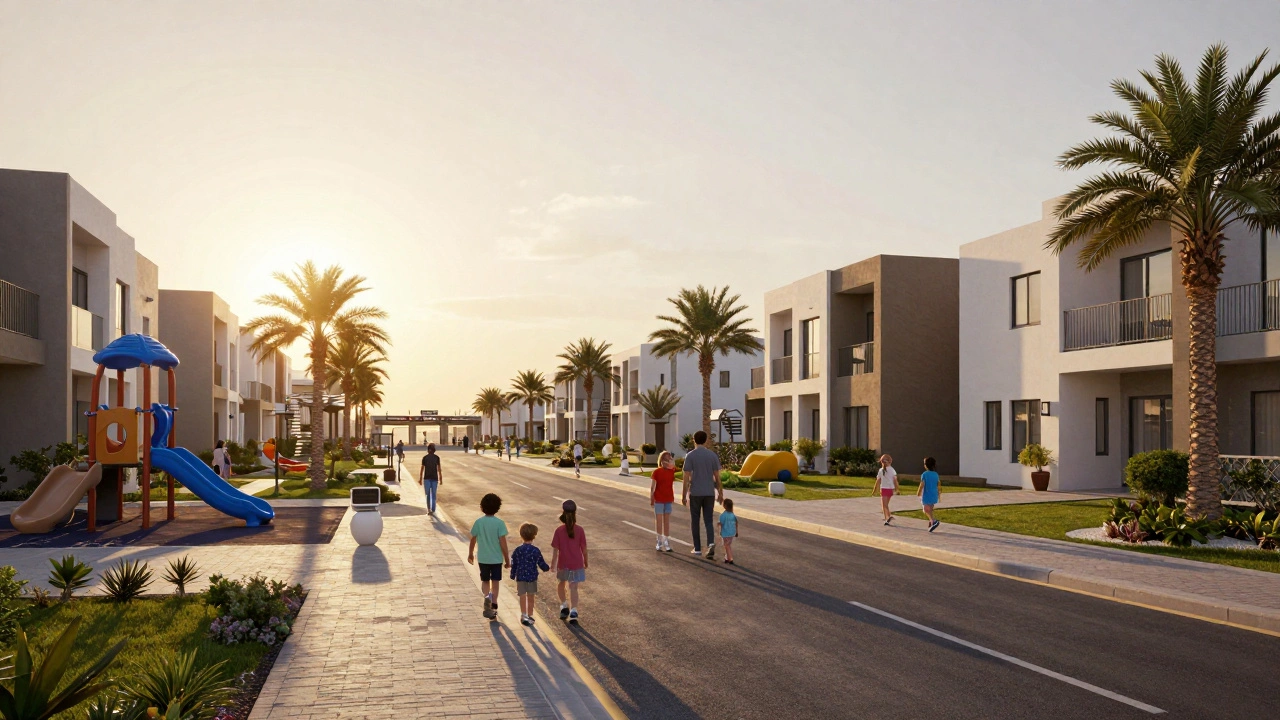Dubai Property Market: What’s Hot, What’s Not, and How to Get Involved
If you’re thinking about buying or renting in Dubai, you’re in the right place. The city’s real estate scene moves fast, and a few simple facts can save you time and money. Below you’ll find the most useful info on prices, hot neighborhoods, financing, and the paperwork you’ll need.
Key Trends in 2025
Property prices have steadied after a rapid rise last year, especially in waterfront areas like Dubai Marina and Palm Jumeirah. Mid‑range apartments in Business Bay and Jumeirah Village Circle are now offering better value because developers are adding more units to meet demand.
Rental yields remain attractive, with studios and one‑bedrooms in Deira and Al Barsha delivering around 6‑7% returns. That’s higher than many global markets and makes Dubai a solid place for investors looking for cash flow.
Off‑plan projects are still popular, but buyers are asking for more flexibility. Most developers now allow early payment discounts and provide clearer handover dates to reduce risk.
Foreign investors benefit from 100% ownership in designated free‑zone areas, meaning you can buy a property outright without a local partner. This rule has encouraged more expats to put money into the market.
Practical Tips for Buyers and Renters
Before you sign anything, get a clear picture of your budget. Include the purchase price, 4% DLD fee, agent commission, and a 10% reserve for unexpected costs. For renters, factor in the security deposit, agency fee (usually 5% of annual rent), and utility bills.
Choose a reputable real‑estate agent who knows the area you want. A good agent can show you comparable sales, negotiate better terms, and guide you through the RERA registration process.
If you need a mortgage, start the pre‑approval early. Most UAE banks offer 70‑80% financing for expats, but they will look at your salary, credit history, and the property’s location before approving.
When you find a property, inspect it thoroughly. Check the building’s service charge, maintenance records, and any upcoming works that could affect your costs. Ask the developer or seller for the Energy Performance Certificate – it tells you how efficient the building is.
Finally, secure the paperwork. For buyers, the sale agreement must be signed in the presence of a Notary Public, then registered with the Dubai Land Department. Renters should keep a signed tenancy contract that includes rent amount, payment schedule, and termination clauses.
By keeping these steps in mind, you’ll avoid common pitfalls and make a confident decision in the Dubai property market. Whether you’re after a home to live in, a rental investment, or a long‑term asset, the right research and a reliable partner will set you up for success.








